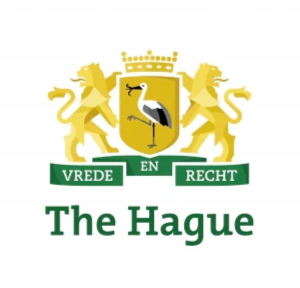In today’s geopolitical climate, issues such as cybersecurity and data protection are gaining prominence. In response, the European Union has introduced the European Digital Rulebook to bolster cyber resilience across the Union. As a result, the digital regulatory environment is becoming increasingly intricate: in the last seven years, the European Union has enacted over 20 new digital regulations, covering a range of topics from data protection and governance to cybersecurity, cyber resilience, and the prevention of online terrorism and AI bias.
This complexity poses significant governance and compliance challenges for responsible management:
- Which regulations are relevant to my organization?
- What requirements must we meet?
- How do these regulations impact my business and personal liability?
The Online Trust Coalition (OTC), initiated by the Dutch Ministry of Economic Affairs and Climate Policy, is a collaboration between public and private entities. Its goal is to develop and define methods that streamline compliance and enhance the effectiveness of regulations. OTC participants have crafted a detailed, practical, and integrated strategy that assists organizations and their leaders in establishing robust governance and demonstrating compliance with the extensive array of EU digital legislation.
The upcoming session will outline this strategy, illustrating how managers can implement it, communicate its principles, and how it can advantage other stakeholders, including customers and regulatory bodies.


